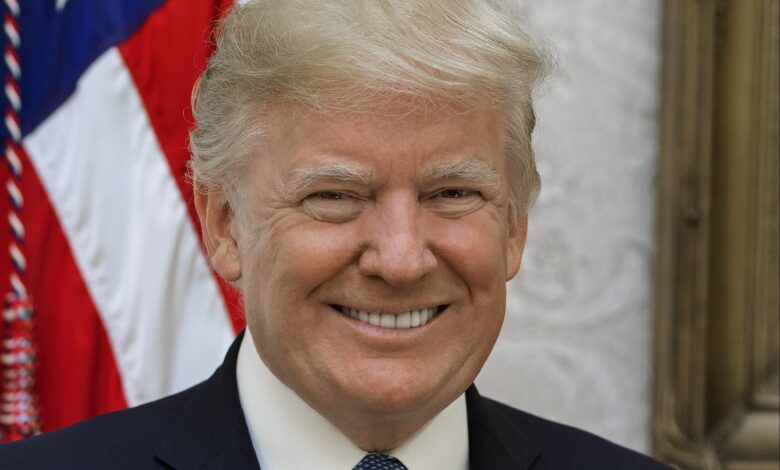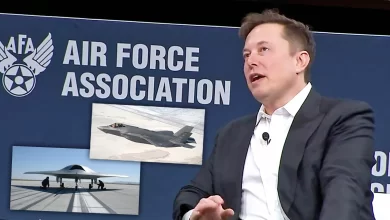China And Mexico Condemn Trump’s Trade War Threats

China and Mexico strongly criticized President-elect Donald Trump on Tuesday after he threatened to impose sweeping tariffs on the United States’ top three economic partners—Canada, Mexico, and China. Trump’s threats, delivered via social media posts, signaled his intent to begin his presidency with aggressive trade policies unless the countries address issues he linked to illegal immigration, drug smuggling, and national security.
Trump’s Threats and Policy Promises
On his Truth Social platform, Trump announced plans to enact a 25% tariff on all imports from Mexico and Canada and a 10% tariff on Chinese goods. These tariffs, he claimed, would remain in place until Mexico halts drug trafficking and illegal immigration and China executes fentanyl smugglers.
“I will sign all necessary documents to charge Mexico and Canada a 25 per cent tariff on all products coming into the United States,” Trump wrote. He also pledged to strengthen his protectionist trade policies with a focus on economic leverage to address non-trade-related issues.
International Backlash
China and Mexico quickly condemned the proposals. Chinese embassy spokesperson Liu Pengyu stated that a trade war would harm both nations and warned that “no one will win a trade war.” Mexico’s President Claudia Sheinbaum rejected Trump’s approach as “unacceptable” and accused him of oversimplifying complex issues like migration and drug demand.
“It is not with threats or tariffs that the migration phenomenon will be stopped, nor the consumption of drugs in the United States,” Sheinbaum said. She pointed out that the Mexican narcotics industry largely serves U.S. demand and criticized the availability of American weapons in Mexico, which she blamed for fueling violence.
Canada took a more diplomatic approach, with a government source revealing that Prime Minister Justin Trudeau had a “productive” conversation with Trump, though details were not disclosed.
Economic and Political Implications
Economists and trade experts expressed concern over the potential fallout from Trump’s threats. Markets experienced volatility following the announcements, reflecting fears of disrupted global trade and inflationary pressures.
“Such tariffs would deepen tensions with China, destabilize relations with Canada and Mexico, and hurt U.S. economic growth,” said Fawad Razaqzada, an analyst at City Index.
Critics also noted that tariffs are ultimately paid by importers and passed on to consumers, potentially driving up prices for everyday goods. William Reinsch, a senior adviser at the Center for Strategic and International Studies, suggested Trump’s threats might be a negotiating tactic, but warned of their potential to backfire.
Returning to Aggressive Trade Policies
Trump’s latest rhetoric reflects the protectionist stance of his first administration, during which he launched a trade war with China. His policies led to tariffs on hundreds of billions of dollars’ worth of Chinese goods, triggering retaliatory measures that hurt U.S. farmers and exporters.
The president-elect has appointed Jamieson Greer as his trade representative and Kevin Hassett to lead the National Economic Council, both of whom served in his previous administration. Trump also announced Howard Lutnick, a known China hawk, as his Commerce Secretary-designate.
Looking Ahead
Trump’s threats have reignited concerns about his erratic and unilateral decision-making style, which defined his first presidency. While some experts view the statements as posturing, others worry about their immediate impact on U.S. relations with key economic partners.
If implemented, the proposed tariffs could usher in a new era of trade conflicts, with potentially devastating consequences for the global economy. As Trump prepares to assume office on January 20, 2025, his promises of economic confrontation will likely remain a major topic of international scrutiny.



